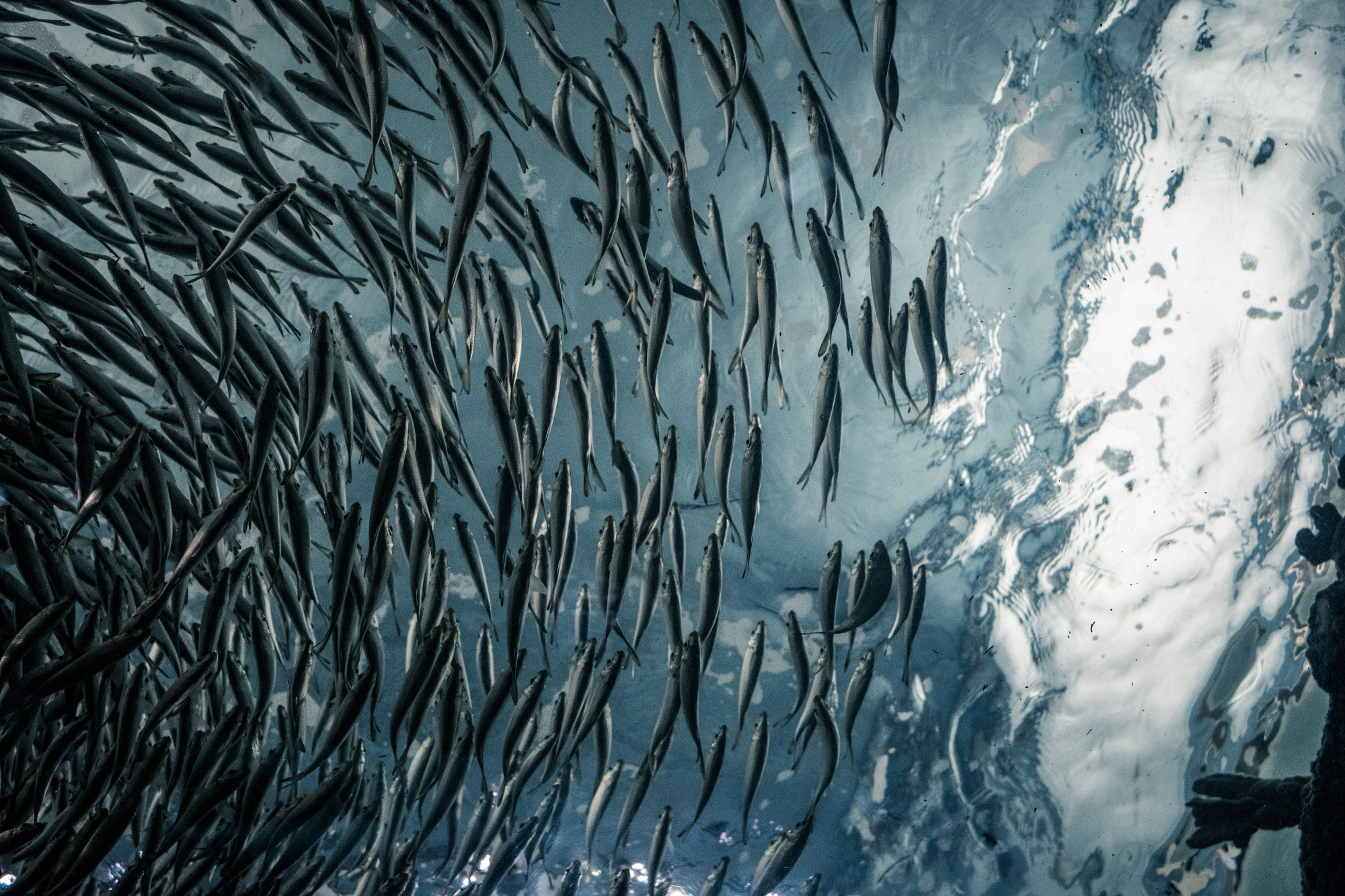The Canadian postdoctoral researcher, supported financially by AXA’s scientific philanthropy initiative and working at the University of Exeter, explained her findings in a CBC article. As CO2 levels rise in the atmosphere, due to human activities, about 25% of this CO2 is then absorbed by the oceans. This rise in CO2 levels in oceans causes a phenomenon known as acidification.
"Changes in water chemistry that are happening in the ocean are likely affecting the way small molecules bind to the receptors in the nose of the fish, and therefore decreasing how much fish can smell," Dr. Cosima Porteus explained to CBC.
The problem? Fish don’t rely on their sight as much as we think: indeed, they use their sense of smell for many tasks, to find food, but also to spot potential mates, find a suitable habitat, and avoid predators.
Conducting research on the beloved European sea bass (an economically important species, with 160 000 tons sold annually), Dr Porteus and her team found that the fish’s behavior was severely affected when exposed to the CO2 levels that are expected in our oceans around 2100. For example, “They responded less to predator smell and tended to freeze more". At such levels, their overall sense of smell is reduced by 50%. As the processes involved in the sense of smell are common to many aquatic species, the effects of rising CO2 levels on aquatic species’ sense of smell could threaten a broad range of natural ecosystems and, ultimately, affect our food supply.
Dr Cosima Porteus concludes: "There's hope in our study because this is a warning for the future," she said. "It's not happening yet, so if we can reduce carbon emissions, this is preventable in a way. But we have to act soon."
Read Dr Porteus full article in Nature Climate Change here.
Watch a video by Dr Cosima Porteus below:
*As opposed to freshwater fish



